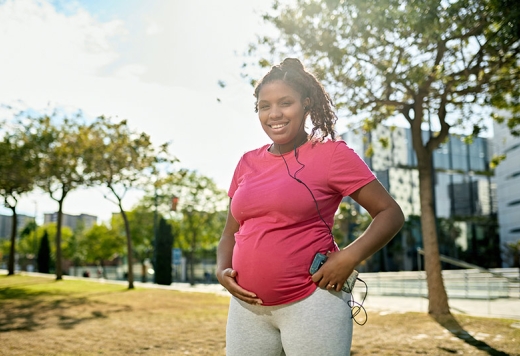NINR-supported researchers explore and address some of the most important challenges affecting the health of the American people. The highlights below feature research accomplishments from the community of NINR-supported scientists across the United States.
Looking for a particular article?













